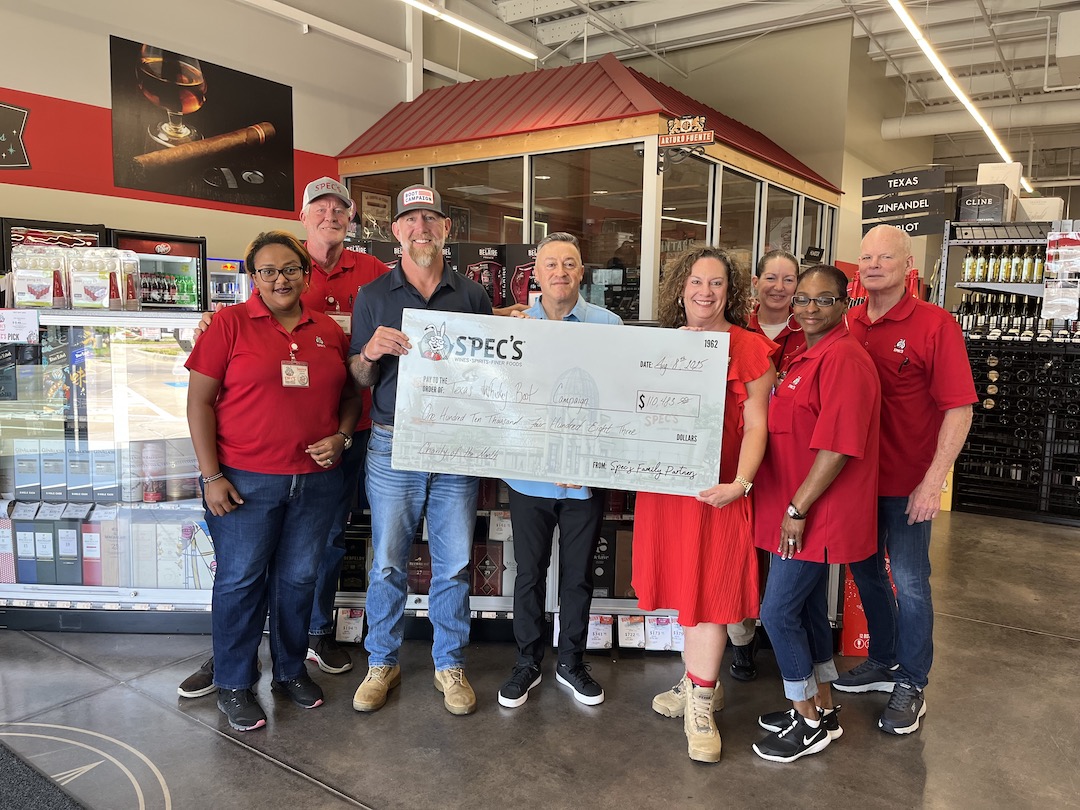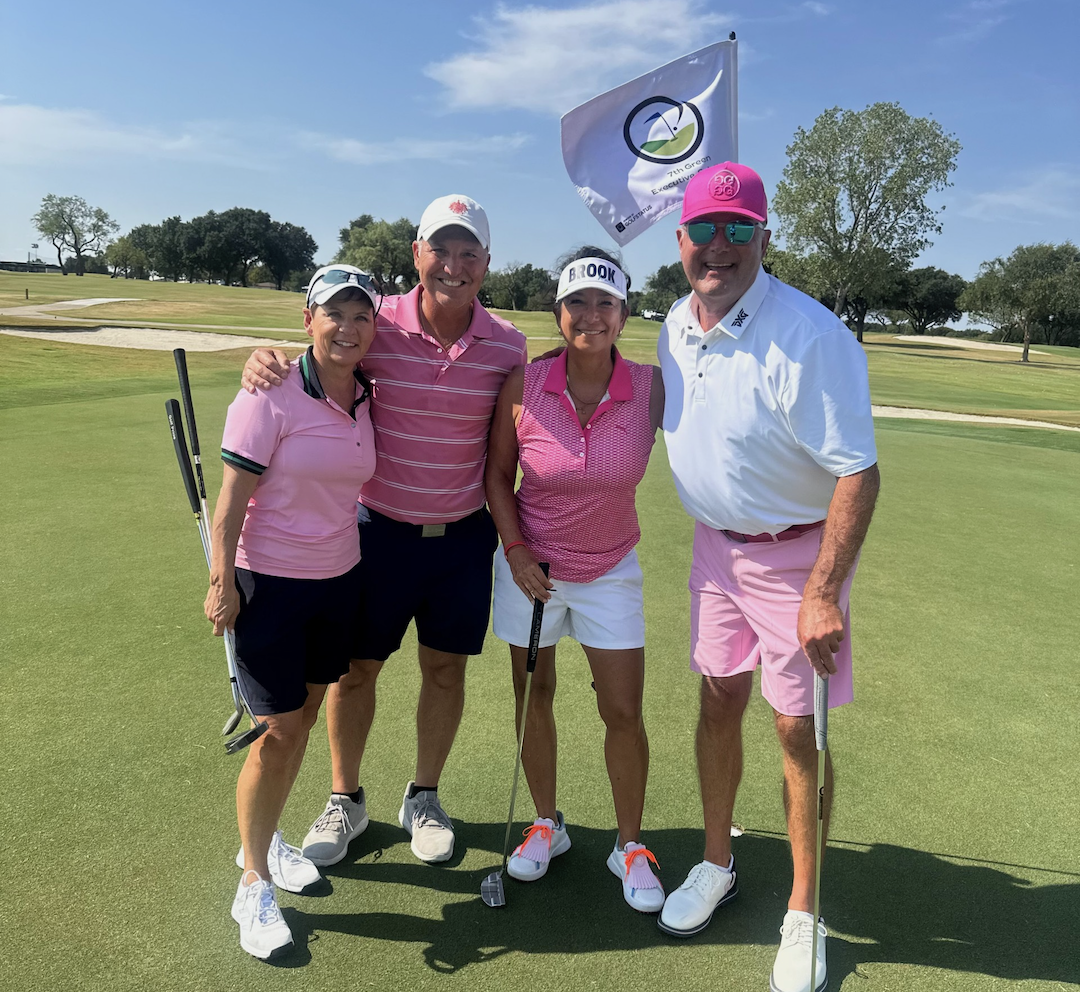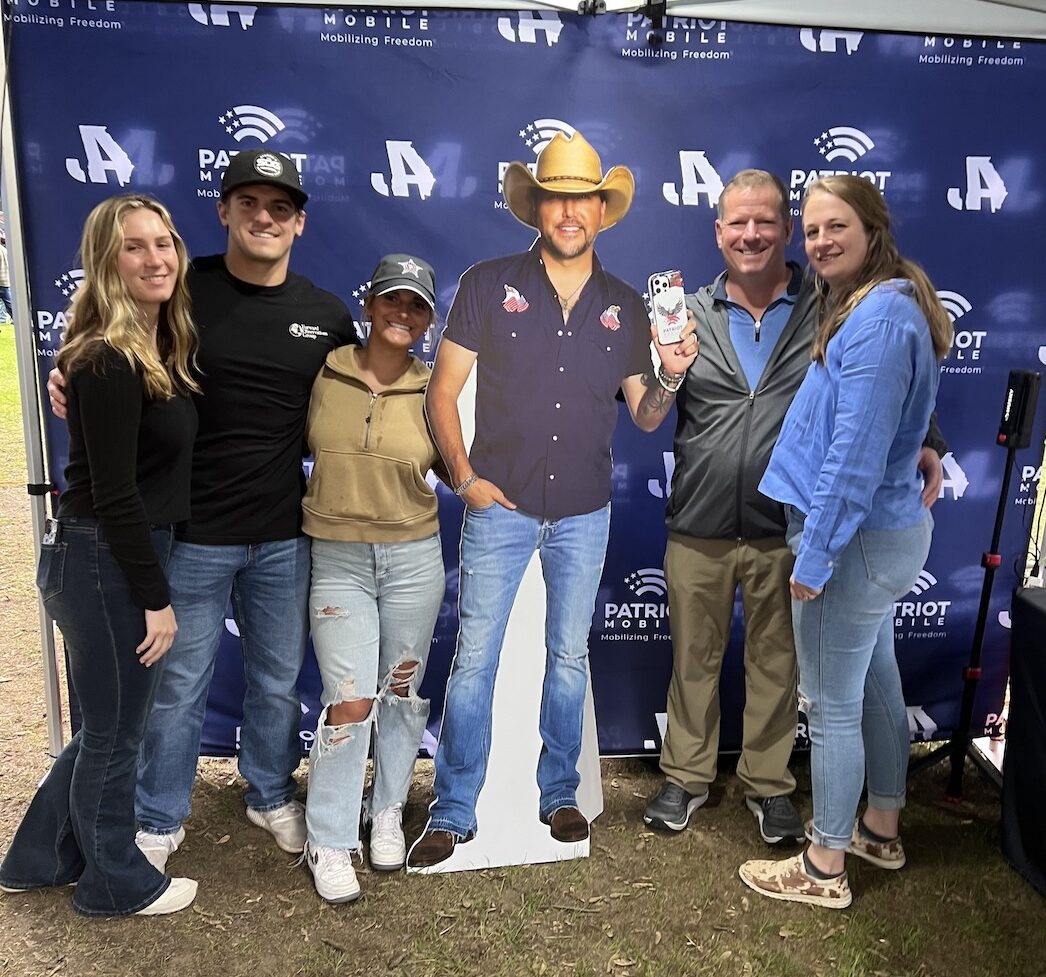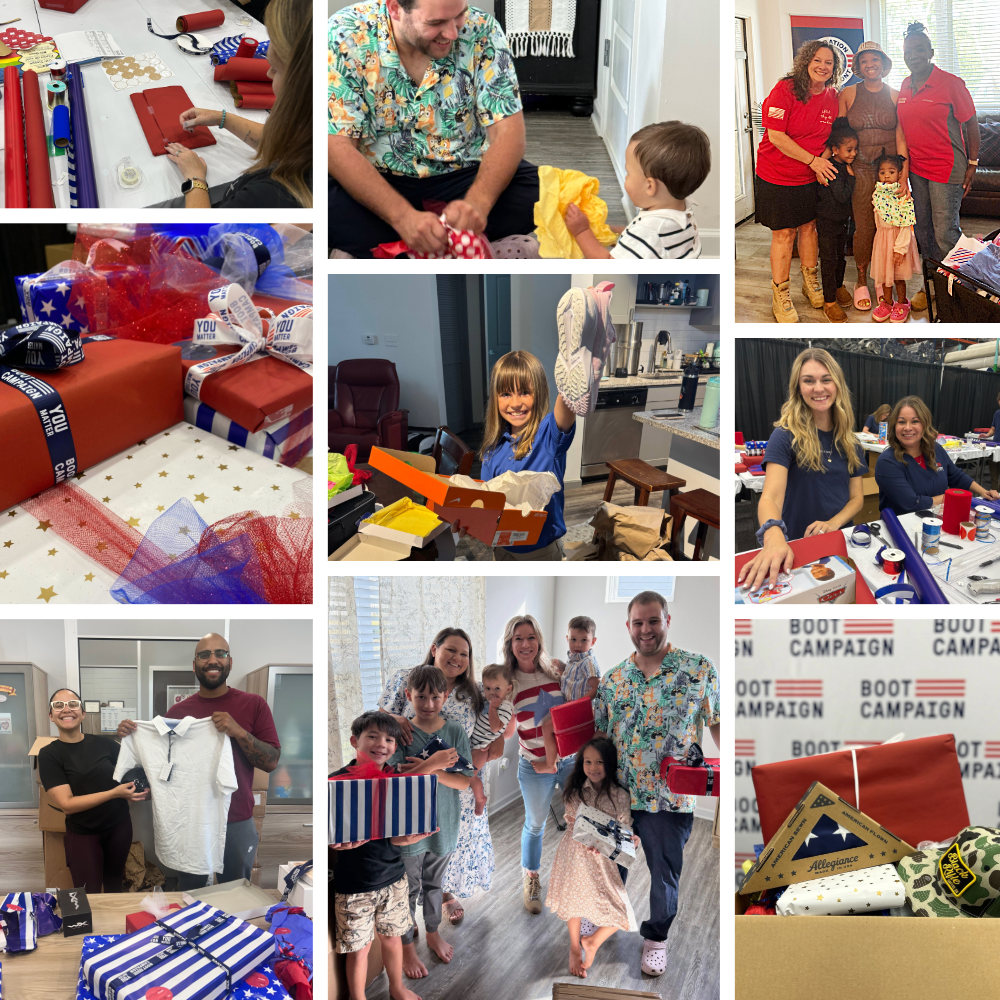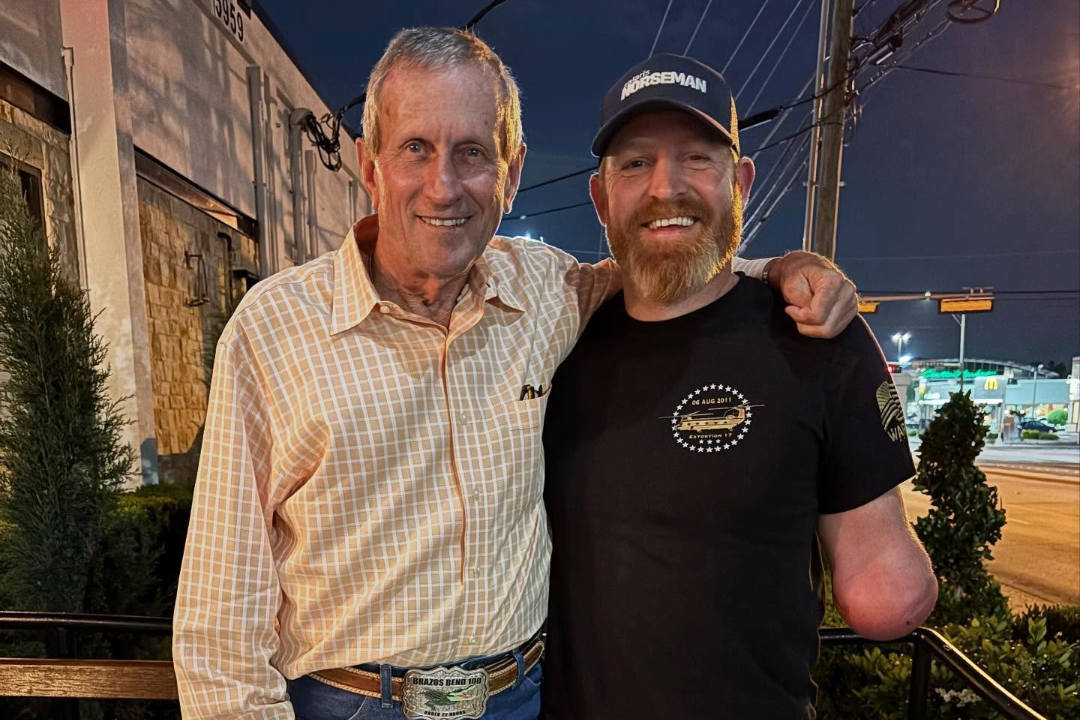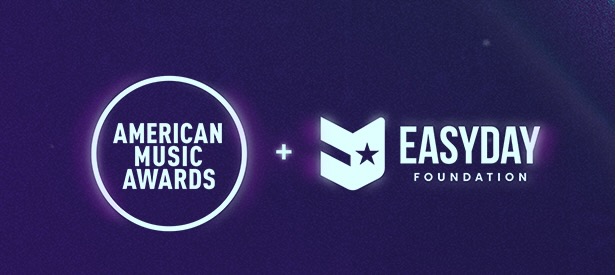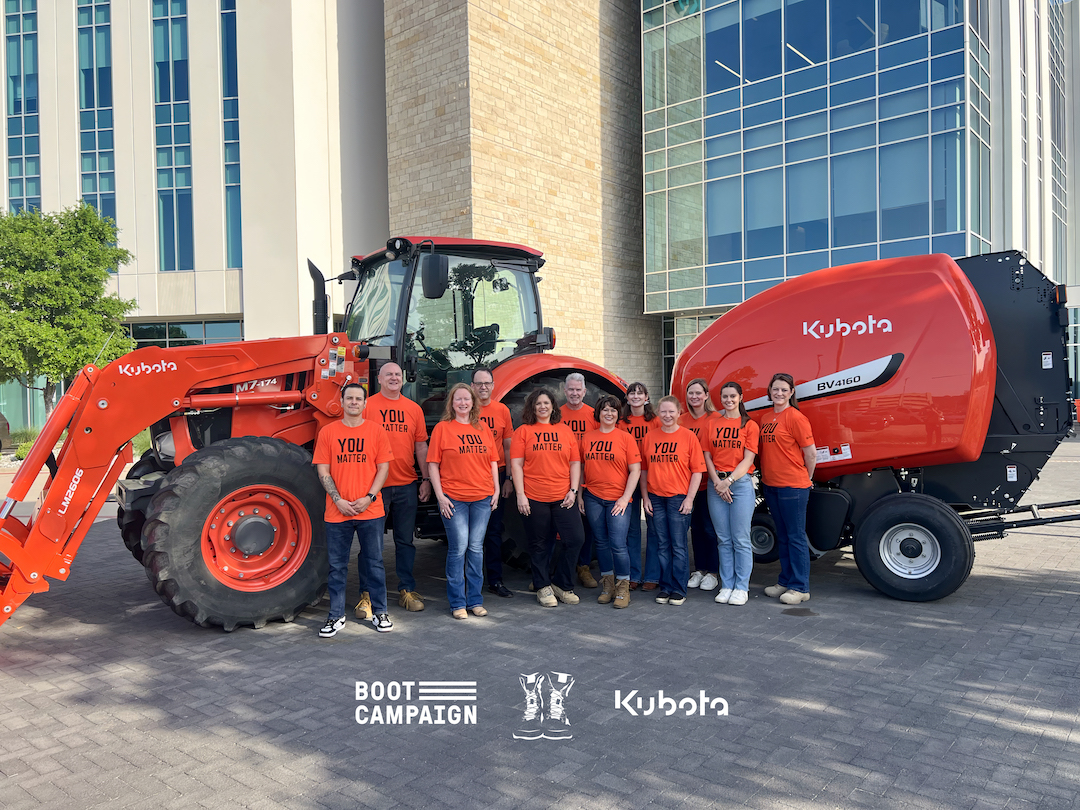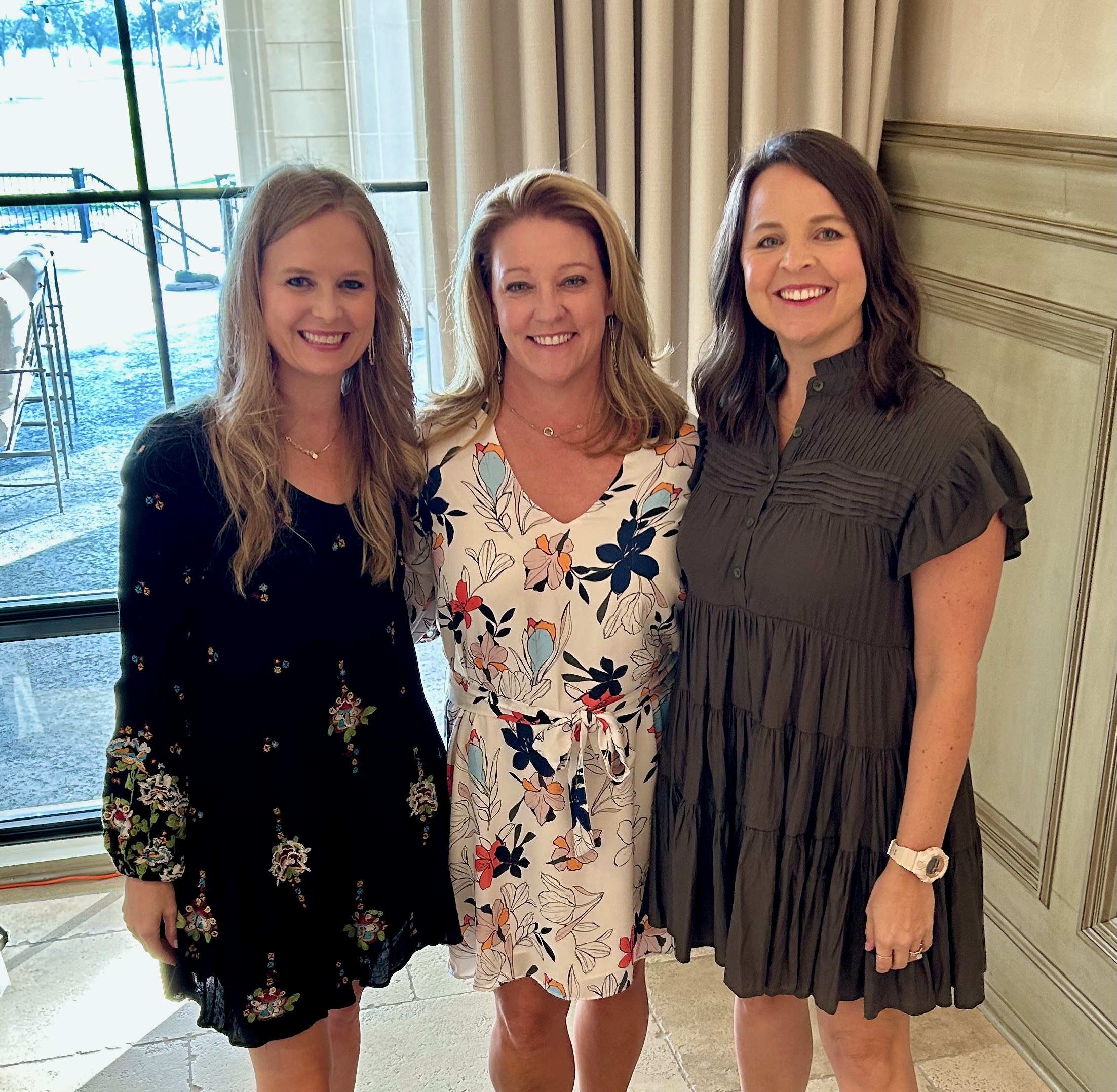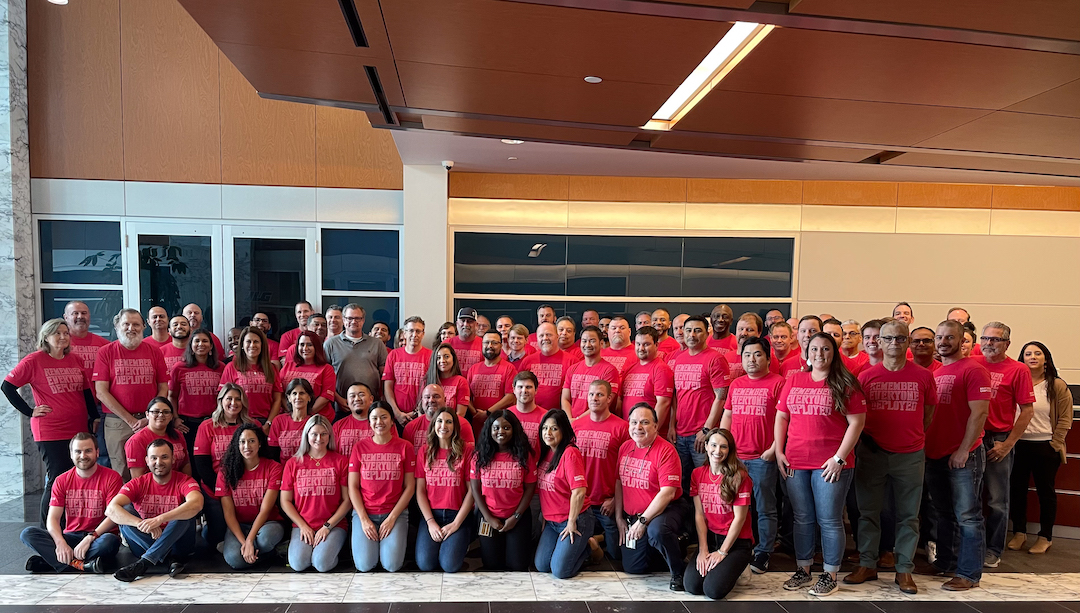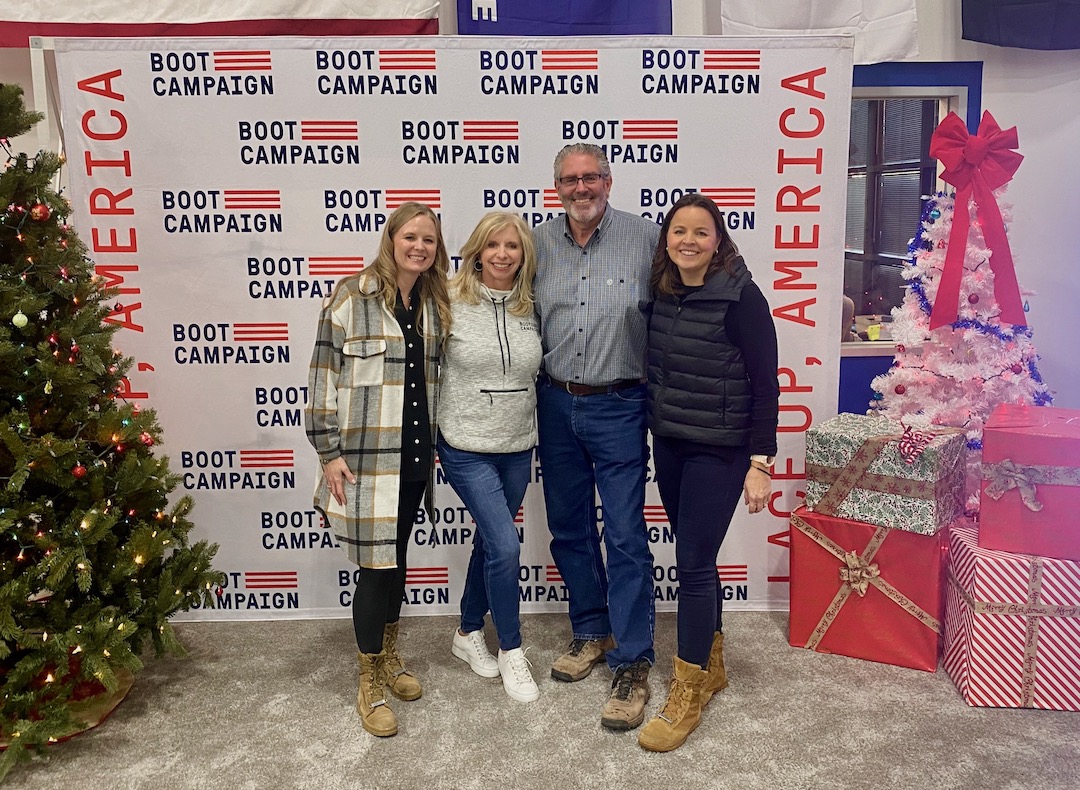Treating Numbers or Treating Faces?
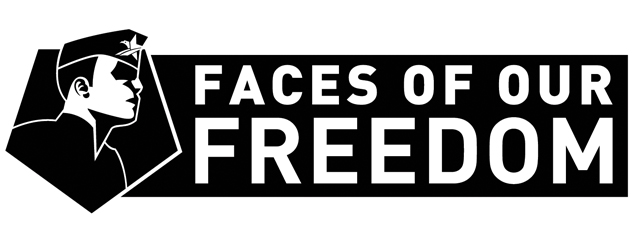
FACES OF OUR FREEDOM: FINAL PUSH HELPS VETERANS FIND COMMUNITY
I separated from the Army a little over two years ago after spending seven-and-a-half years on active duty. I was a licensed practical nurse at various duty stations working with orthopedic trauma, amputations, burns, the intensive care unit, infection control, and mother-baby care. My wide range of experiences not only helped to make me a well-rounded nurse, but it also validated why I joined the Army. I was making an impact. I was helping service members and their families. I was building life-long friendships. And most important to me, I was there for countless wounded warriors in their time of need, letting them know that they were safe and everything was going to be okay. This was a time in my life that I will always cherish.
But two years ago I found myself between a rock and a hard place. I was in a custody battle and informed that I was supposed to deploy to Afghanistan. I had spent my entire career waving my arms in the air trying to deploy, and then suddenly at the worst time possible my number came up. I made the easiest hard decision any parent could face, I chose my child over my career. At the time I thought that would be the hardest part of “getting out” – little did I know what lay ahead.
Thousands of service members exit the military each year and it is no secret that many struggle with the transition to civilian life. I can tell you that I am one of those service members – or one of those veterans – I still struggle with how to identify myself even now. It is difficult to explain the feeling that comes over you when the Transitions office tells you that you must turn over your ID card in order to receive your DD214. They carelessly take the card from your hands, hand you this piece of paper rather non-grandiosely, and say “thank you for your service” while calling for the next in line in the same breath. If ever you have felt like a number, this is it.
Recently I entered corporate America with an opportunity to help veterans. This was a very exciting milestone for me after returning to school on the 9/11 GI Bill and wrapping up my bachelor’s degree in healthcare administration. After much soul-searching I had realized that I would never feel complete if I was not working with the military community in some capacity. But sadly, what I found in my new role was more numbers. The people I was helping were numbers. The company I worked for wanted numbers. Finally I realized that I was a number pushing more numbers. So much for making a difference.
In September of this year I was introduced to the Boot Campaign family and had the honor of participating in Final Push at the Lincoln Memorial. What a surreal experience for someone that has dedicated their life to helping the military but has continuously felt like I have been forgotten. Boot Campaign flew me to D.C. as a part of their Faces of Our Freedom initiative, which takes the time to recognize service members and veterans.
Think about that for a moment: Faces of Our Freedom. This group wanted to put my face with my name, they wanted to know about my interests and my family, and they gave me back a sense of identity that I had lost in the corporate shuffle. That weekend I met people just like me; there is something relieving when you meet other veterans that are feeling the same way about their transition to civilian life. I met other military wives that are also veterans, who now support their husbands’ active duty missions – the same situation I am in, now that I have remarried a soldier. Hearing your same hopes, aspirations, fears, and doubts echoed by others is incredibly reassuring.
Faces Of Our Freedom allowed me to feel needed, confident that I can contribute to my community. In one conversation, I found myself speaking with a young soldier who is currently deciding if he wants to stay on active duty or transition out of service in the coming year. We had a great discussion about the pros and cons of military versus veteran life, and I was able to answer many questions for him about utilizing the GI Bill and what to expect when he actually begins the transition process. This conversation sort of sums up my feelings about the entire D.C. trip: I have a lot of knowledge and experience, not only about active duty life, but also about transitioning, and I finally had the opportunity to share it with someone. My hope is that he will take my experience and use that as a way to learn from my mistakes and prepare for whatever road he chooses.
Boot Campaign gave me back my voice and sense of self-worth. This is such a humble group of people who work very hard to run this charity and reach as many service members and veterans as possible. Their passion for the cause radiates from them and it is really quite awesome and beautiful to witness. Everyone was warm and welcoming and I immediately felt at home with the entire group. It has been a long time since I have found myself that comfortable around any new people, but that’s really the point. Once we got past introductions in the first half hour, I never again felt like I was surrounded by anything other than friends.
Christina Hess is an Army veteran who served as a nurse and is currently pursuing her degree in Hospital Administration. She comes from a family of military service: her father served two tours in Vietnam, her uncle served in the 82nd Airborne, and her husband currently serves in the Army at Ft. Sam Houston. Christina works with the Veterans Administration and continues to give back to veterans.
